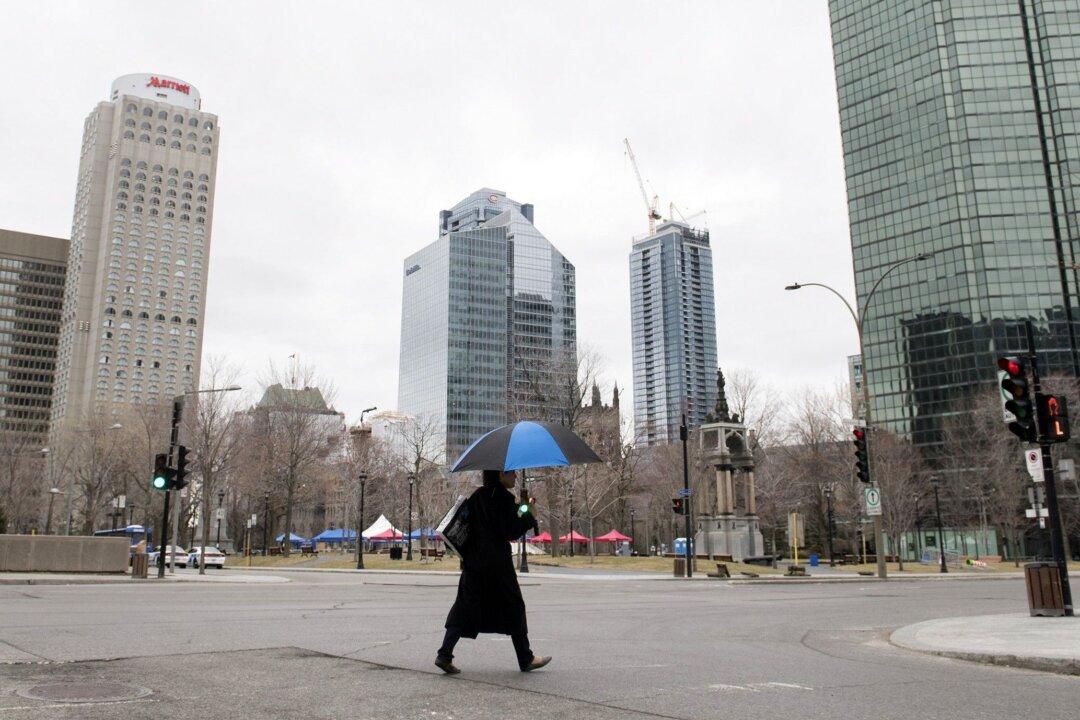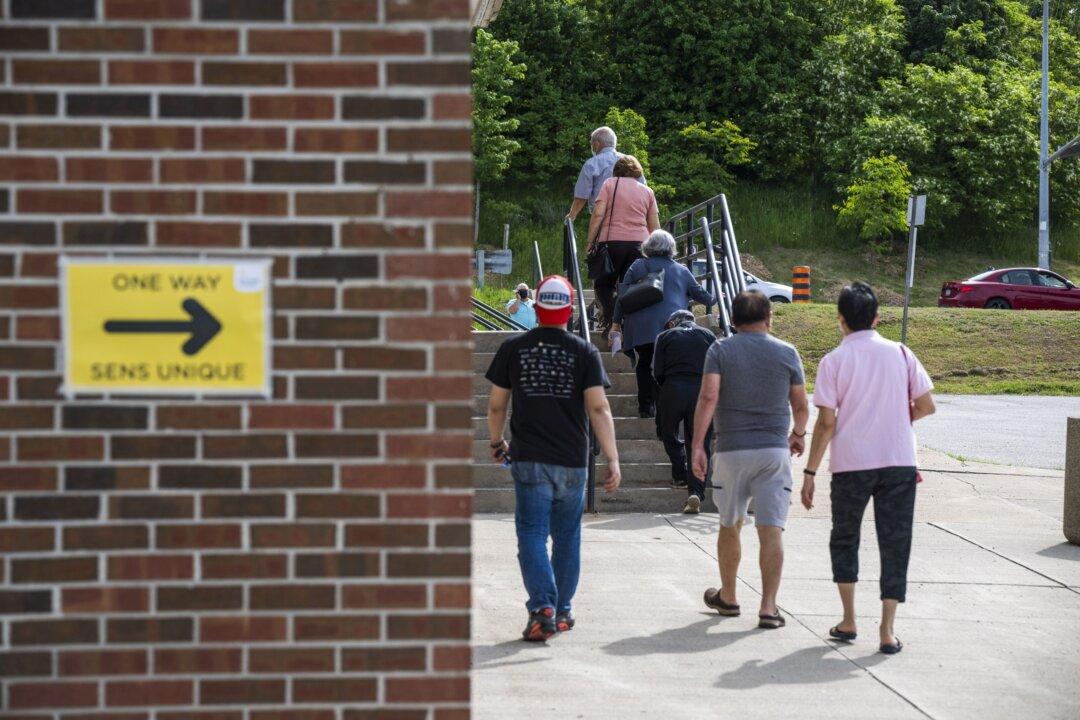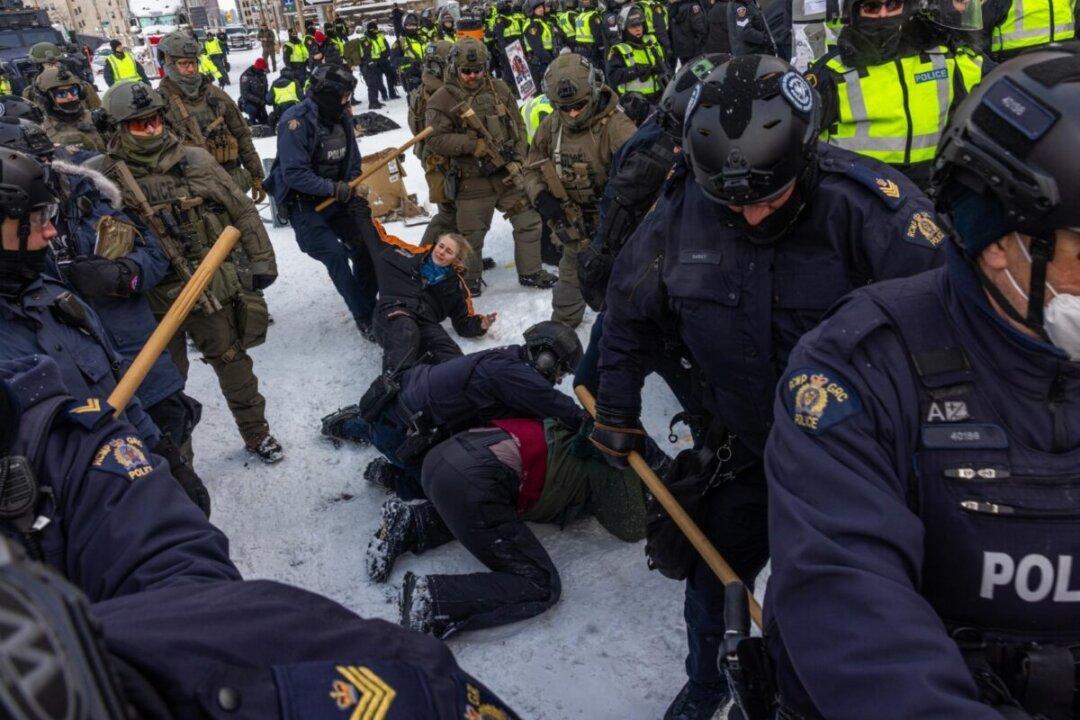Commentary

A woman crosses an empty street in downtown Montreal on April 5, 2020. The Canadian Press/Graham Hughes
|Updated:
Harley Price teaches courses on pre-modern literature and philosophy at the University of Toronto’s School of Continuing Studies. His most recent book is “Give Speech A Chance: Heretical Essays on What You Can’t Say or Even Think,” available from fgfbooks.com and Amazon.
Author’s Selected Articles




